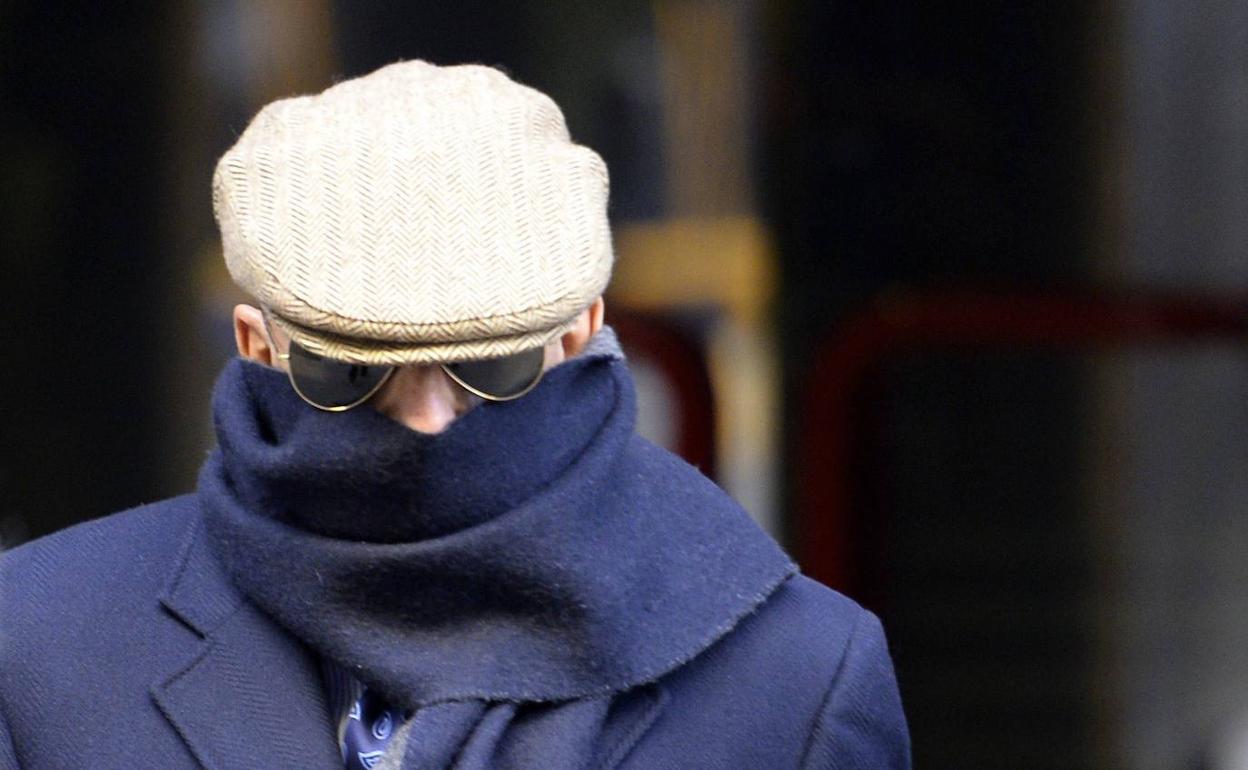Purely symbolic?
THE EURO ZONE ·
Although he is said to have committed many crimes against human rights, he was never prosecuted and the posthumous de-medalling by Sánchez seems to be a political stuntMARK NAYLER
Thursday, 5 January 2023, 12:52
Pedro Sánchez is trying a second time to strip one of Francisco Franco's most sadistic goons of his medals, after a first attempt in 2018 encountered obstacles. This time, apparently, the de-honouring really is going ahead. But there's a problem: the retired police officer who stands to lose four medals (which led to a pension increase of 50% over the years) - Antonio González Pacheco, dubbed "Billy the Kid" because he liked to spin his pistol around in front of victims - is dead. He died of Covid-19 in May 2020, aged 73, with all his honours intact.
What's the point of taking away a dead man's decorations? It seems purely symbolic, verging on pointless - much like removing the last of Franco's name from streets and squares, a process that started with the first historical memory law in 2007. It also draws attention to the fact that three of Pacheco's four medals were awarded by post-Franco governments, thus raising the uncomfortable question of democratic Spain's relationship to the dictatorship. There wasn't as clean a break with the past during the 1970s as some politicians (Sánchez among them) would have you believe.
The point is that Pacheco was never prosecuted for the crimes against human rights he is said to have committed during the dictatorship - as, say, Nazis were tried in the Nuremberg Trials of 1945 or Argentinian generals were in 1985's Trial of the Juntas. That's the only action against gun-toting Billy that would have constituted justice, the only thing that would have had more than symbolic significance. Posthumous de-medalling is a political stunt, a case of far too little, much too late.
There's a great deal of force to that argument. It can also be applied to the government's retrospective outlawing of the Franco regime, one of the most questionable components of the updated and beefier historical memory law, passed last October.
But perhaps posthumous honour-stripping is better than nothing, especially when prosecution is no longer possible. Spain is finally condemning police officers who not only avoided legal reprisals after the dictatorship, but who were actively rewarded by subsequent governments (such condemnation would have much more significance, of course, if issued by the Popular Party - Partido Popular). Seeing Pacheco succeed in post-Franco Spain must have been grotesque for those who suffered at the hands of state-sponsored thugs; and although this measure hardly counts as retributive justice, it nevertheless challenges the Spanish state's long-held line, that Pacheco was a stand-up guy, a sort of national hero.
Cases like this show that symbolic acts are not necessarily devoid of significance. Pacheco can't be put on trial anymore, but the government's attempt to take his medals away has, if nothing else, shown that he was unworthy of receiving them in the first place. That's progress of a kind.
